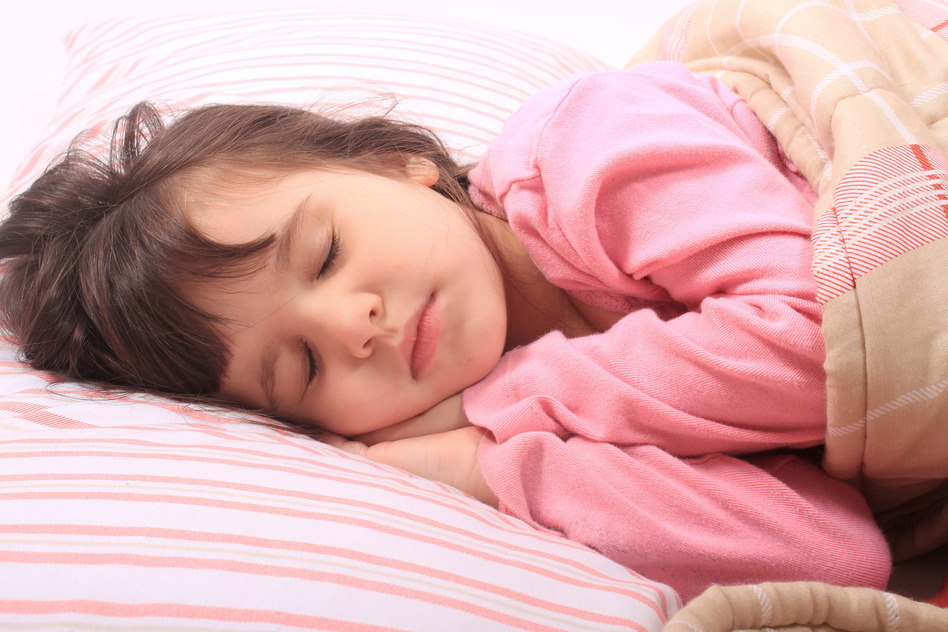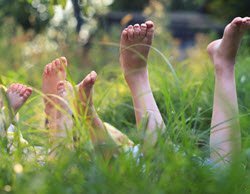
[title size=”2″]How To Stop Bedwetting[/title]
Trying to solve your child’s bed-wetting issue? It is important to have some information about the subject of Nocturnal Enuresis so that you know the right questions to ask your physician. There are many things that can cause bed wetting, including…
- Genetic Predisposition
- Hormone Levels
- Having Difficulty Waking From Sleep
Knowing the cause of the problem can help us decide if the condition is what is referred to as primary or secondary bed-wetting. Bed wetting in older children may come with different set of causes, which you can read about here.
[title size=”2″]Primary Bedwetting[/title]
Primary bed-wetting simply means that it has been occurring since early childhood with no breaks in the pattern, being wet for most nights with no long-term periods of several months of dry time. Following are the main causes of primary bed-wetting:
- The inability to retain urine for the entire sleeping period
- A significant amount of urine production throughout the hours of the evening and night
- Poor daytime potty habits (when a child puts off going to the bathroom it can create issues)
[title size=”2″]Secondary Bedwetting[/title]
Secondary bed-wetting is quite different. This type of bed-wetting occurs after the child has been night trained for a significant amount of time, more than six months. It is more likely the sign of another underlying issue including medical conditions or emotional stresses occurring in the child’s life. Some of the main causes of bed-wetting are as follows:
- UTI – A Urinary Tract Infection can cause serious pain and irritation in the bladder, and the entire urinary tract. When left untreated this can cause serious damage to the kidneys, and it can also be an indicator of other problems including abnormalities in the child’s anatomical make up.
- Anatomical or Structural Abnormalities – problems can occur where a child is born with issues such as nerve, organ, or muscle anomalies or irregularities so severe that it can cause incontinence or other problems with the urinary tract that can cause bed-wetting
- Diabetes – With diabetes people produce more urine because of the higher levels of sugar in their blood. The body is trying to reduce the amount of sugar by expelling it from the body through urine, and frequent urination is a symptom of diabetes.
- Emotional Problems – Stress at home can be a factor in bed-wetting. Especially when there are many changes happening including a new baby, new school, or the parents being in conflict.
Discuss with your physician or ask our Dr Timothy Wolff to decide what the underlying issue is that might be contributing to the bed wetting so you can find the best option to treat it.
Natural Bedwetting Solutions[/title]
- Keeping track of the amount of fluids that your child is consuming and remembering to have them drink 40% in the morning, 40% in the afternoon, and 20% in the evening to reduce the amount of accidents during the night.
- Reminding your child before bedtime to get out of bed and use the toilet in the middle of the night. Using a night-light can be helpful so that those night time trips to the bathroom are less scary.
- Include your child in solving the bed-wetting issues.
- Adding a night-time alarm can be extremely helpful in letting the child and parent know when during the night the child is wetting, and awakens the child with either a vibration or an alarm sounding. Some of these do require a 2-step turn off where the sensor is actually removed from the wetness before it can be shut off.
- Reducing bladder irritants from the child’s diet including caffeine, acidic juices or foods, etc…
[title size=”2″]Medicinal Bedwetting Solutions[/title]
As a last resort, medications may also be recommended. There are 3 main medications used to treat bed-wetting in children.
- Anticholinergics – this type works by reducing the bladder contractions and increasing the capacity of the bladder itself.
- Imipramine – this long-time successful drug works by changing the sleeping patterns of the child, improving the amount of time the child can retain urine in the bladder, and by lowering the urine production.
- DDAVP, or Desmopressin Acetate, this medicine works best in children with normal sized bladders, and also works in reducing the amount of urine that is produced by the bladder.
[title size=”2″]Contact Whitefish Family Doctor Clinic In Whitefish, MT[/title]
Call us at (406) 334-2204
We at Whitefish Family Doctor Medical Clinic have a very caring staff that would love to help you discover the underlying causes of your child’s bed-wetting issues in a compassionate manor. Call us to schedule an appointment and we will take the frustration out of bed time for both you and your child.




Leave a Comment